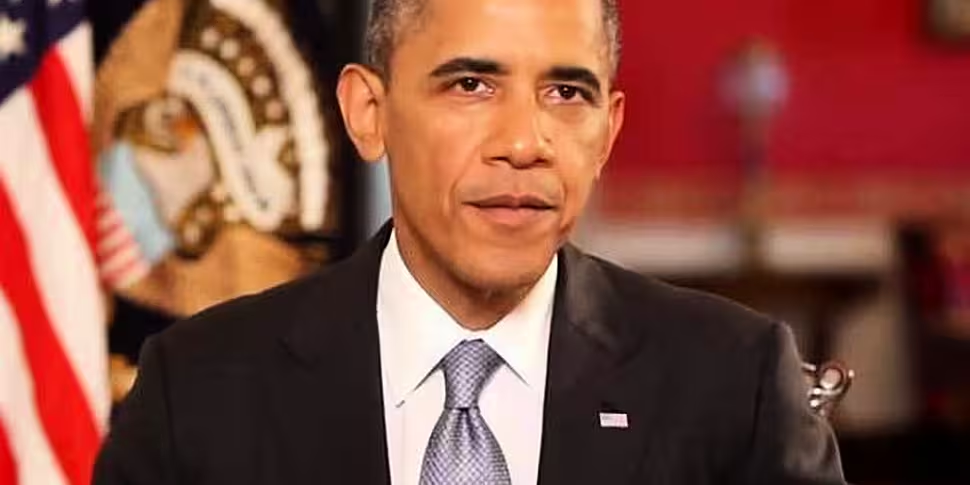An agreement has been reached between Iran and six world powers to curb Tehran's nuclear programme in exchange for limited sanctions relief.
The deal, announced by European Union policy chief Catherine Ashton, is a first step towards resolving a decade-old stand-off between Tehran and the West.
The agreement between the Islamic state and the US, Britain, France, Germany, China and Russia was nailed down after more than four days of negotiations in Geneva.
US President Barack Obama said it was an important first step towards a comprehensive solution to Iran's nuclear programme.
He said Iran could not use its next-generation centrifuges under the deal and the limitations under the agreement "cut off Iran's most likely paths to a bomb".
He added that if Iran did not meet its commitments during a six-month period, the US would turn off sanctions relief and "ratchet up the pressure".
"Historic mistake"
Israel's Prime Minister Benjamin Netanyahu criticised the nuclear deal as an "historic mistake" and reserved his country's right to defend itself.
"Today the world became a much more dangerous place because the most dangerous regime in the world made a significant step in obtaining the most dangerous weapons in the world," he said.
Iranian President Hassan Rouhani said the agreement recognises Tehran's "rights" to maintain a nuclear programme, and it would "never" seek atomic weapons.
The country's Supreme Leader Ayatollah Ali Khamenei said: "This can be the basis for further intelligent actions. Without a doubt the grace of God and the prayers of the Iranian nation were a factor in this success."
Britain's Foreign Secretary William Hague said the agreement was "very important and encouraging", adding that it meant "the nuclear programme won't move forward for six months".
However, he acknowledged that "legitimate concerns" remained.
He and US Secretary of State John Kerry are holding talks in London today on the Iran deal and the latest developments in Syria.
Mr Kerry offered assurances to Israel over the nuclear agreement, saying it would make the Jewish state safer over the next six months because the world would have "insights" into Iran's nuclear programme.
Speaking on Iran's Press TV, Iranian foreign minister Mohammad Javad Zarif said the deal was an opportunity for the West to restore trust with the Iranian nation.
He said Tehran would expand co-operation with the International Atomic Energy Agency, the UN nuclear watchdog, to address what he called some concerns.
Neutralising
Iran will get access to $4.2bn (€3.1bn) in foreign exchange as part of the accord, a Western diplomat said.
A senior US official added that the agreement halted progress on Iran's nuclear programme, including construction of the Arak research reactor.
It would neutralise Iran's stockpile of uranium refined to a fissile concentration of 20%, which is a close step away from the level needed for weapons, and calls for intrusive UN nuclear inspections.
Iran has also committed to stop uranium enrichment above a fissile purity of 5%, a US fact sheet said.
The deal has no recognition of an Iranian right to enrich uranium and sanctions would still be enforced.
Refined uranium can be used to fuel nuclear power plants - Iran's stated goal - but also provide the fissile core of an atomic bomb if refined much further.









